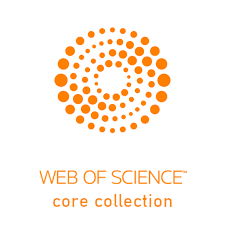Public Oriented Productive Microcredit Program
Discursive Practices of The Regulatory Mark
DOI:
https://doi.org/10.22478/ufpb.2238-104X.2022v12n1.58277Abstract
Study objectives: This article aims to unveil the discursive practices underlying the egulatory mark of the Public Oriented Productive Microcredit Program (MPO). Methodology: We use the Critical Discourse Analysis, from the perspective of Norman Fairclough, in order to compare the international, national and municipal regulatory mark through an illustrative case: the Banco Cidadão. The results point out that the regulatory framework built silences the individuals involved and reveals neoliberal proposals for fighting unemployment and income inequality. Academic contributions: present a new look at the Regulatory Framework for Oriented Productive Microcredit Programs. Practical contributions: The logic behind the creation of the program led by the IMF, World Bank and G8 does not take into account the specificities of the target public, which leads to assistentialism and a non-entrepreneurial result, since the logic of the formulator rather than the autonomy and the needs of its executor prevails. This reinforces the lack of appropriateness and empowerment on the beneficiaries' side.








